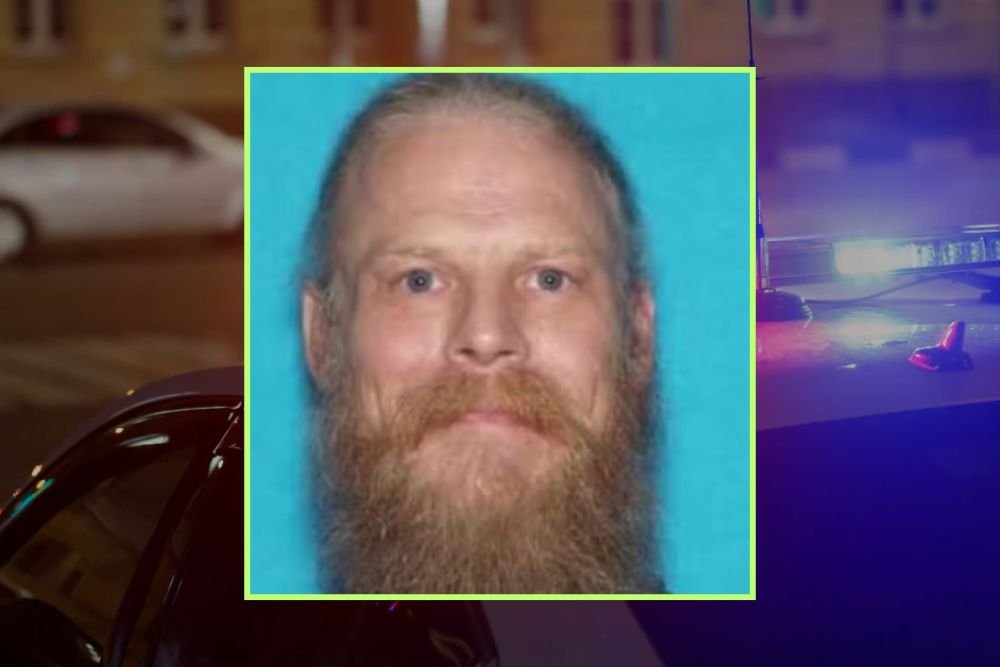Missouri Family Shares Heartbreaking Details After Man Killed During Iowa Traffic Stop

POTTAWATTAMIE COUNTY, Iowa — New details are emerging about Michael Broyles, a 48-year-old Missouri man who was shot and killed during a routine traffic stop in Iowa that escalated into a deadly pursuit. Family members say Broyles had long struggled with mental health issues and trauma from past encounters with law enforcement.
Officials Confirm Identity After Difficult Search
County Attorney Matt Wilber said Broyles initially proved difficult to identify because he had no ID, wallet, or phone with him at the time of the stop. His car also carried false license plates. Investigators used fingerprints and scene evidence to confirm his identity and notify relatives.
Wilber revealed Broyles had two prior convictions in Alaska and carried a history of undiagnosed mental illness, which played a role in his behavior the night of the shooting. “That’s why he kept asking the same question at the second stop — he wanted to know if he had a chance of walking away or if jail was the only option. For him, jail was not an option,” Wilber explained.
Family Says Past Encounters Changed Him
Broyles’ sister, Amy Koppitz, described him as a man deeply scarred by past experiences with police. “His encounter in that other state entirely changed his personality,” she said, noting that he had told relatives he would rather die than return to jail.
Koppitz added that while he was not a violent man, his untreated PTSD made him fearful of authority. “I think he was intending to get them to fire back,” she admitted. She recalled that in recent months, their relationship had been improving. “We had started connecting a lot more, and I felt like things were going in a really positive direction,” she said.
Prosecutors Call Criminal History “Minor”
Despite the fatal confrontation, officials stressed Broyles’ criminal past was limited. “He actually had a pretty minor criminal history,” Wilber said, emphasizing that mental health challenges, not crime, defined much of his life.
Koppitz left a final message: “We never know what another person is going through and has been through. That affects the way they behave.”
The incident has reignited conversations about mental health, policing, and de-escalation during traffic stops. For more Midwest crime and justice updates, follow ChicagoMusicGuide.com.
